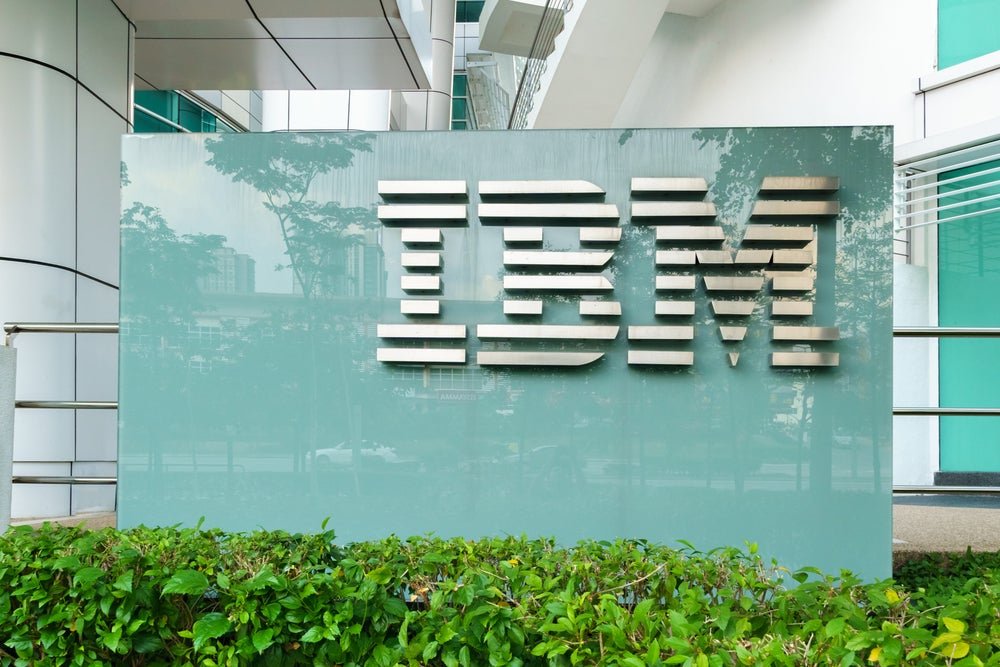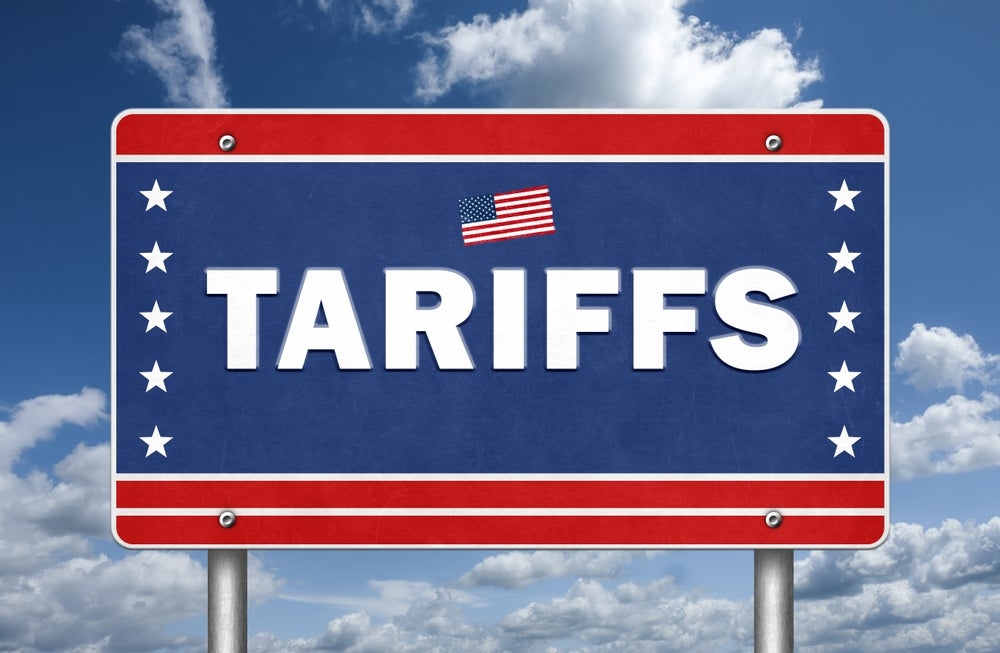Pandemic pandemonium has gripped the world as Covid-19 infection rates have been on the exponential increase. In some countries, in order to contain local transmission, confirmed cases undergo a process of contact tracing and all those suspected of being in close proximity to the infected are placed into quarantine.
Telecom carriers are providing authorities with location data to enforce quarantine orders
The role of technology in contact tracing and enforcing quarantine orders has not escaped unnoticed by the authorities. The countries that have implemented some form of sharing of telco data with the government include the US, Italy, Germany, Austria, South Korea and Taiwan.
One of the most draconian programmes has been implemented by Taiwan, which uses a mobile-phone based “electronic fence”. Once put into quarantine, location-tracking is used to ensure that subjects comply with their stay-home orders. If subjects move away from their address or switch off their phones, an alert will be raised to the police. The authorities will contact the person within 15 minutes.
Location-tracking data is being used for contact tracing
As for infected cases, a laborious process of contact tracing is involved. Technology offers a fast and efficient way of obtaining data about the whereabouts of confirmed cases and of the people that came in contact with that person.
While some countries anonymise data, South Korea has taken invasion of privacy to uncomfortable levels. Using a system that draws from surveillance camera footage and credit card transactions to recreate the movements of confirmed cases. The Corona 100m app then alerts users when they approach 100 metres from a location visited by an infected person.
However, the notifications have been criticised as being embarrassingly detailed. The Guardian reports that one such message described a man in his 50s returning from Wuhan province in China with his 30-year-old secretary, fuelling speculation about an extramarital affair.
Another concern raised by critics is whether the level of surveillance that has been deployed will lapse when the Covid-19 crisis subsides, as promised by governments.
Telco data needs to strike a balance between individual privacy rights and the need to contain the pandemic
Digital privacy activists have raised concerns about the invasive measures implemented on the pretext of containing the pandemic. The other issue is the principle of consent. This is because some of these contact-tracing solutions will not be effective unless the majority or all of the population are tracked. However, some of the measures being used, such as gaining access to telco data, is being done without acquiring the individual permissions from phone users.
A solution developed by the Singapore government called TraceTogether could be a reasonable compromise. The app tracks Bluetooth “handshakes” when two users are in close proximity for more than 30 minutes. Data is stored locally on the user’s phone and permissions are required for the government to obtain that data. The usage of the app is on an opt-in basis and respectful of consent. The app has been made open sourced and other countries that are studying the app include Australia and Germany. A similar app has also been launched by Indonesia.
Opt in may not be effective
The caveat of an opt-in solution is that it may not achieve the critical mass needed to be effective, since these handshakes can only be recorded between two users that have the app.
However, Singapore is a small country and current uptake is more than 10% of the population. The same kind of traction cannot be guaranteed for other larger and more fractious societies.








